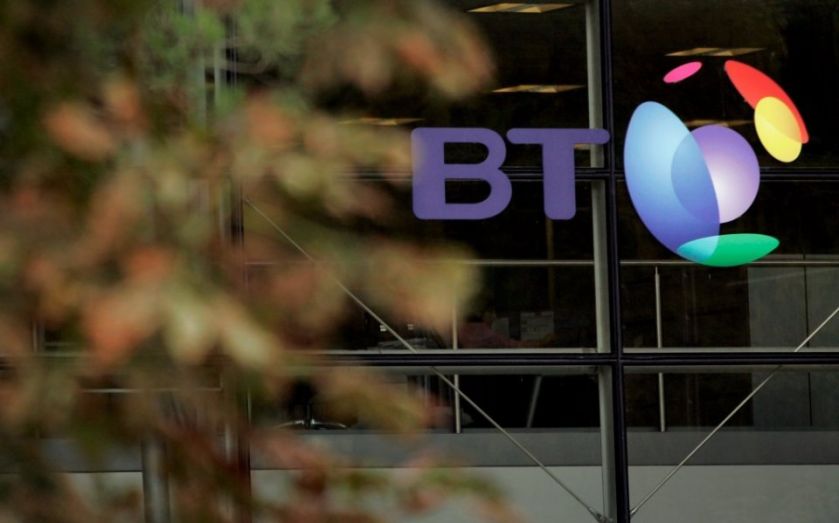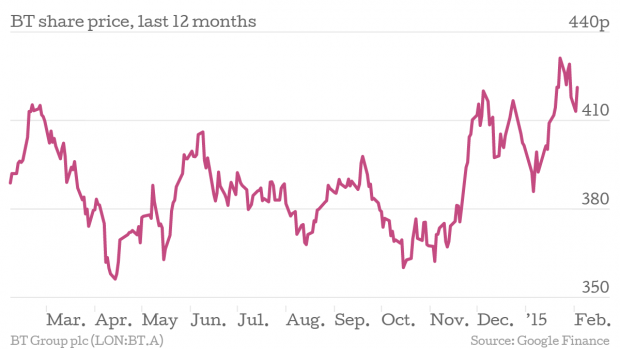BT share price soars after agreeing deal to buy mobile network EE for £12.5bn

BT's share price soared today after it agreed terms to buy mobile phone network EE for £12.5bn.
The deal, which will give BT access to EE’s 31m customers and the largest 4G network in Europe, will be paid in a combination of cash and ordinary BT shares, issued to both Deutsche Telekom (DT) and Orange.
The transfer of shares will mean DT owning 12 per cent of BT, and will be permitted to appoint one non-executive member of the BT board of directors. French company Orange will hold a four per cent stake. The transfer of shares will make DT the largest shareholder in BT.
BT will be hoping that the deal marks its return to the mobile mainstream. It has been out of the market since 2001, when it spun off network O2, which is now part of Telefonica after the Spanish giant paid £17.7bn for it.
BT is not just interested in the mobile customers: fusing the companies will give it access to EE’s 834,000 fixed broadband customers. With these assets it tow, BT will be hoping to sell bundles of broadband, mobile, landline and television to its customers: an almost complete telecommunications package.
Certainly investors seemed to like the news. BT's share price was up 4.8 per cent this morning, leading the FTSE 100 in early morning trading.
BT chief executive Gavin Patterson said:
This is a major milestone for BT as it will allow us to accelerate our mobility plans and increase our investment in them. The UK's leading 4G network will now dovetail with the UK's biggest fibre network, helping to create the leading converged communications provider in the UK. Consumers and businesses will benefit from new products and services as well as from increased investment and innovation.
The road ahead will not be easy. The combination is hoped to make a total of £3bn in cost savings, but achieving this goal is likely to be tough. What is more, the creation of such a communications behemoth could potentially cause competition and regulatory issues for BT.
BT carries mobile traffic of its rivals and charges them for the service. The deal could mean that rivals fear BT will give more precedence to their own mobile traffic and that prices should therefore be cut.
BT is regulated by Oftel, the telecommunications watchdog.
